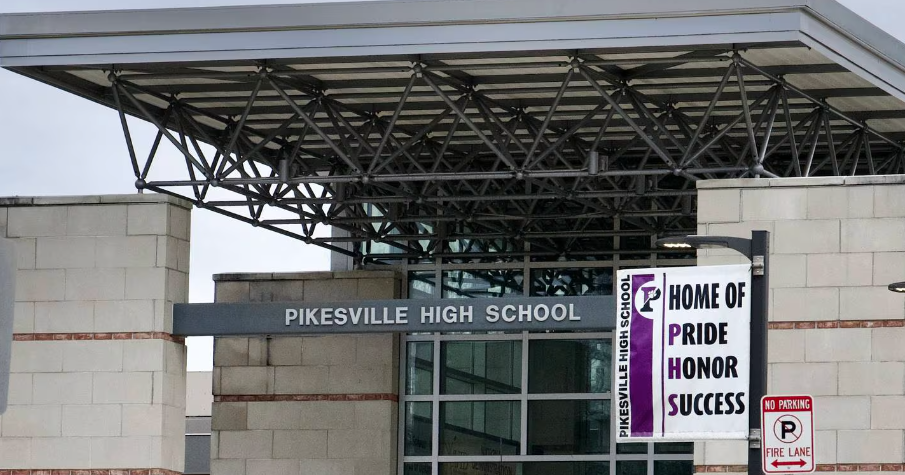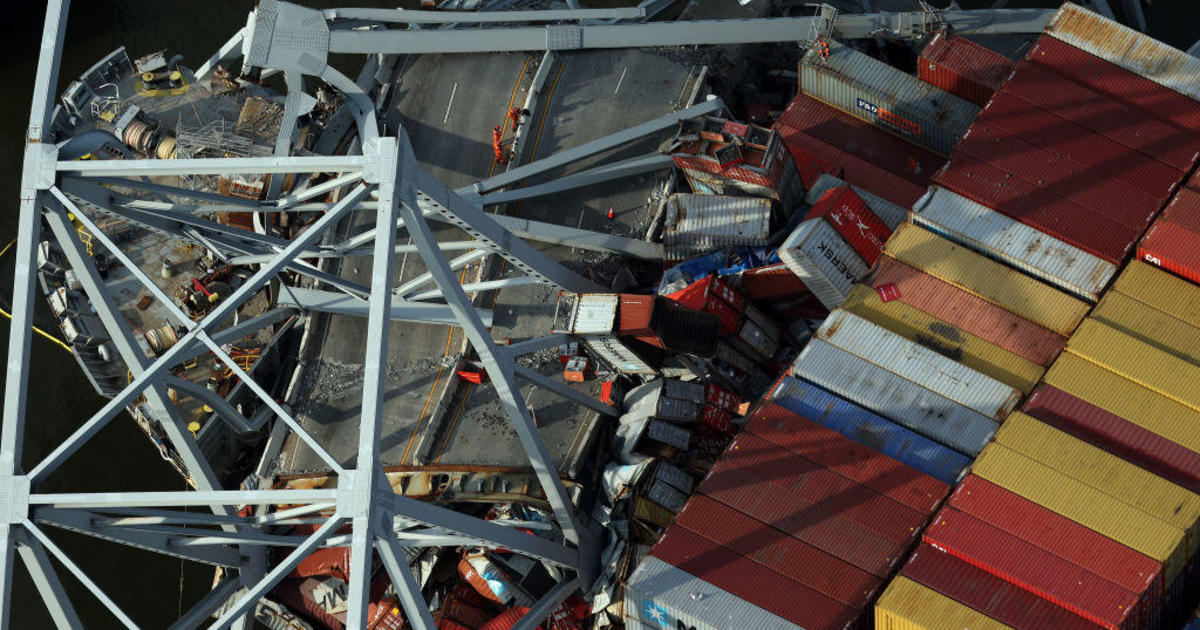Some Claim New Police Technology Invades Drivers' Privacy
BALTIMORE (WJZ) -- Serious questions are being raised over a relatively new police technology that some say is invading our privacy.
Derek Valcourt explains the concerns are over a special kind of police camera.
To be clear, we are not talking about traffic cameras that give you a ticket for running a red light or speeding. These are cameras that scan your license plate and collect and store information about where you've been.
They're called automated license plate readers. They're twin cameras mounted on the trunks of police cruisers. They scan the license plates of passing cars, instantly checking them against registration violations, warrants and criminal databases, sounding alarms when a violator is spotted.
Right now, more than 360 machines across Maryland transmit the information they collect back to the Maryland Intelligence Center, which stores that information in a database for one year. That raises privacy concerns with the ACLU, which Monday asked law enforcement agencies in 35 states to answer some tough questions about the information the cameras collect.
"As the data necessarily increases over time, you get an ever more detailed picture of Marylanders' movements and that is information the government simply has no business having or knowing, absent some particularized individual law enforcement need," said David Rocah, ACLU.
State police now operate 44 cameras. They call the information collected invaluable.
"Investigators can use that information to determine where a homicide suspect, a rape suspect, a major crime suspect was at a particular time during that time, but again, it's only held for a year and it can only be accessed for a specific law enforcement purpose," said Greg Shipley, Maryland State Police.
Some drivers call it an invasion of privacy.
"It's intrusive. They got enough information on us anyway," said Gaul MacElroy.
Others don't care.
"I don't like people spying on me but in this day and age, I have nothing to hide, so I'm really indifferent to it," said another driver.
This technology is so new that there are absolutely no laws on the books regulating the use of these automated license plate readers in Maryland, so private companies can and do use them on behalf of local governments working on transportation projects.
So far, only two states---Maine and New Hampshire---have enacted laws limiting the use and scope of license plate readers.



